IRCON International plans to launch its much-awaited IPO on 17 September. Priced in the range of INR470 – 475 per share, the IPO will result in the government diluting 10.53% equity stake in the railways PSU. Applications can be made in multiples of 30 shares and retail investors and employees will be eligible to get a discount of INR10 per share. In total, the IPO will mobilize up to INR470.49 crore.
Following the strong debut and subsequent performances of RITES Limited and Mishra Dhatu Nigam, investors will have high hopes from IRCON International IPO as well. However, some PSU IPOs have disappointed in the past as well and thus, everything depends on valuations. Through this IRCON IPO Review, we try to find out if this offer leaves enough on table for investors but first, here are some basic details about the IPO.
IRCON International IPO details | |
| Subscription Dates | 17 – 19 September 2018 |
| Price Band | INR470 – 475 per share (retail discount – INR10 per share) |
| Fresh issue | Nil |
| Offer For Sale | 9,905,157 shares (INR465.54 – 470.49 crore) |
| Total IPO size | 9,905,157 shares (INR465.54 – 470.49 crore) |
| Minimum bid (lot size) | 30 shares |
| Face Value | INR10 per share |
| Retail Allocation | 35% |
| Listing On | NSE, BSE |
IRCON IPO Review: OFS by Mr. President
Since the PSU is currently fully owned by the government which is opting to divest its stake, all 9,905,157 shares will be offered through an Offer For Sale (OFS). These shares will be sold by the President of India acting through the ministry of railways. No new shares are being issued by the company and all the IPO proceeds will go to the government.
IRCON IPO Review: Engineering and construction Mini Ratna
IRCON offers EPC services on a fixed-sum turnkey basis as well as on an item-rate basis and specializes in infrastructure projects, including railways, highways, bridges, flyovers, tunnels, aircraft maintenance hangers, runways, EHV sub-stations, electrical and mechanical works, development of industrial areas and other infrastructure activities. It has also executed several projects on build, operate and transfer (BOT) model. While it caters to several sectors, railways is the biggest with 68.95% of its revenues in FY2018 coming from the sector.
Read Also: Mazagon Dock Shipbuilders IPO
Headquartered in Saket, New Delhi, IRCON International has 26 project offices and five regional offices in the domestic market while its overseas presence includes project offices in Sri Lanka, Bangladesh, Malaysia, South Africa and Algeria. As of 31 March 2018, the company’s workforce consisted of 1,179 full-time employees. In 2016, the company was ranked number 248 in the list of top 250 international contractors by Engineering News Record (ENR) of the United States.
The company was granted the status of Mini Ratna by the Ministry of Railways in 1998.
Fun fact: IRCON voluntarily delisted from BSE and Delhi Stock Exchange in 2011 and 2012.
IRCON IPO Review: Strong order book but margins shrinking
IRCON has a strong balance sheet to boasts and was a debt free company prior to FY2018 before taking a loan of INR3,200 crore from Indian Railway Finance Corporation (IRFC). Following this, the company’s debt-equity ratio is 0.85 which should come down in coming years as it makes payments to reduce debt. Another highlight is the company’s strong order book. As of 31 March 2018, its order book stood at INR22,406.8 crore, offering excellent revenue visibility considering its revenue in FY2018 was at INR4,212.4 crore.
Read Also: Garden Reach Shipbuilders IPO
Despite these positives, the company’s revenues and profits are not exactly on fire. On the contrary, revenues declined from FY2013 to FYFY2016 and recovered only in the last two years. Similarly, profits have been under pressure and margins dwindled to single-digits in FY2018. More than IRCON, the slump in revenues was due to policy inaction at railways. Here is something from IRCON’s prospectus:
On an average, about 4,500 km of track should be renewed annually. However, due to financial constraints, the achievement on this score has declined over the past six years. This has resulted in a backlog of 5,300 km as of FY16, leading to high maintenance and speed restrictions. Thus, the backlog has hindered efforts to increase train speeds, bloated up maintenance effort and costs, and led to safety failures.
IRCON International’s financial performance (in INR crore) | ||||||
| FY2013 | FY2014 | FY2015 | FY2016 | FY2017 | FY2018 | |
| Total revenues | 4,543.2 | 4,150.8 | 3,232.5 | 2,908.6 | 3,301.3 | 4,212.4 |
| Total expenses | 3,453.2 | 3,053.4 | 2,390.1 | 2,302.5 | 2,824.9 | 3,659.2 |
| Profit after tax | 804.9 | 747.0 | 570.1 | 362.4 | 397.7 | 413.0 |
| Net margin (%) | 17.7 | 18.0 | 17.6 | 12.5 | 12.1 | 9.8 |
IRCON IPO Review: Things not looking great, should you invest?
The paragraphs above capture what is wrong with the company’s operations and these are purely external factors impacting IRCON’s financial performance. While order backlog is good, it is not an effective measure in things related to government. In this case, order book was good five years back as well and yet, revenues went down as we can see.
Thankfully, the new government has identified bottlenecks and has brought changes which should aid recovery in the coming years. Increased investments in railways will be huge positive for companies like IRCON. From the estimated INR120,000 crore in FY2018, annual investment in railways is expected to increase to INR170,000 crore in the next four years.
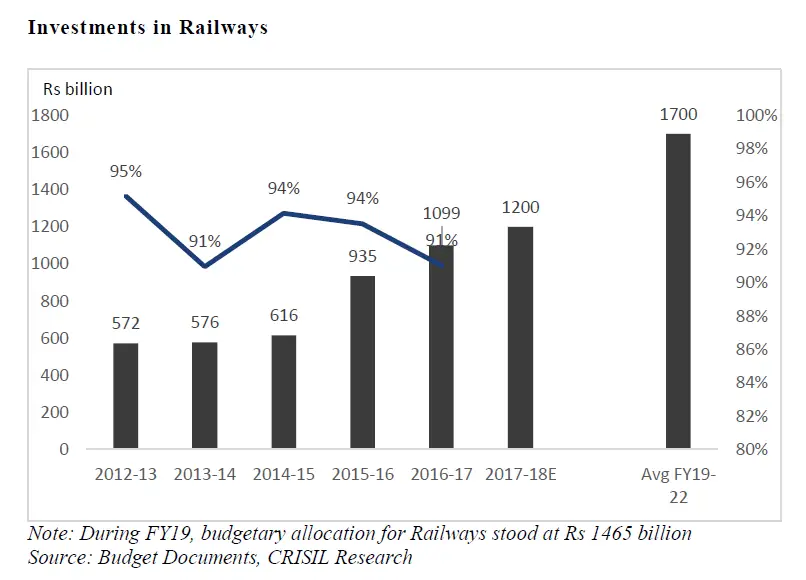
Elsewhere, a conscious effort has been made under the new government to shift from BOT (Build Operate Transfer) to HAM (Hybrid Annuity Mode) which has greatly lowered revenue risk for developers. This has already resulted in project execution picking pace, especially in development of roads.
Effectively, what we are seeing today is a depressed view of railways but this also means there is ample room for growth. IRCON stands to benefit immensely from these policy developments and its margin profile may completely change for good in the coming years.
In terms of valuations, things aren’t too bad either. The IPO’s price range of INR470 – 475 per share and Earnings Per Share (EPS) of INR42.13 mean that the Price/Equity ratio is between 11.15 – 11.27. This range will be even lower for retail investors which will get a discount of INR10 per share. The company’s Net Asset Value (NAV) is INR398.51 per share which translates into a very attractive Price/Book Value of 1.19.
IRCON is a regular dividend payer and paid total dividend of INR192.4 crore in FY2018, translating into dividend yield of 4.3% at the upper end of the price band. To put this in perspective, IRCON International’s net profits stood at INR413 crore in the same year. This situation is unlikely to change in the coming years as profitable PSUs are mandated to be generous with dividends. This should make it especially appealing for dividend investors.
Our overall thoughts in IRCON IPO review center around the company’s proven execution capabilities, excellent revenue visibility, changing dynamics in its favor and attractive offer pricing. Since PSUs are greatly affected by the stance of different administrations in power, this is something investors will need to consider when investing in the IPO. It might be helpful for investors to know that IRCON shares are commanding a premium in informal grey market.

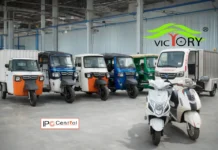


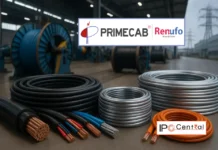



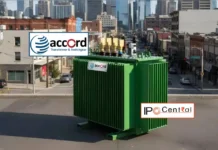























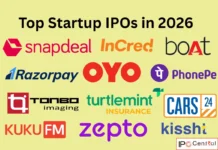
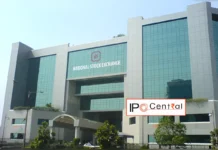

This is the 2nd day of the IPO, still very little response from QIB & NII, only RII is rushing. What is the matter?